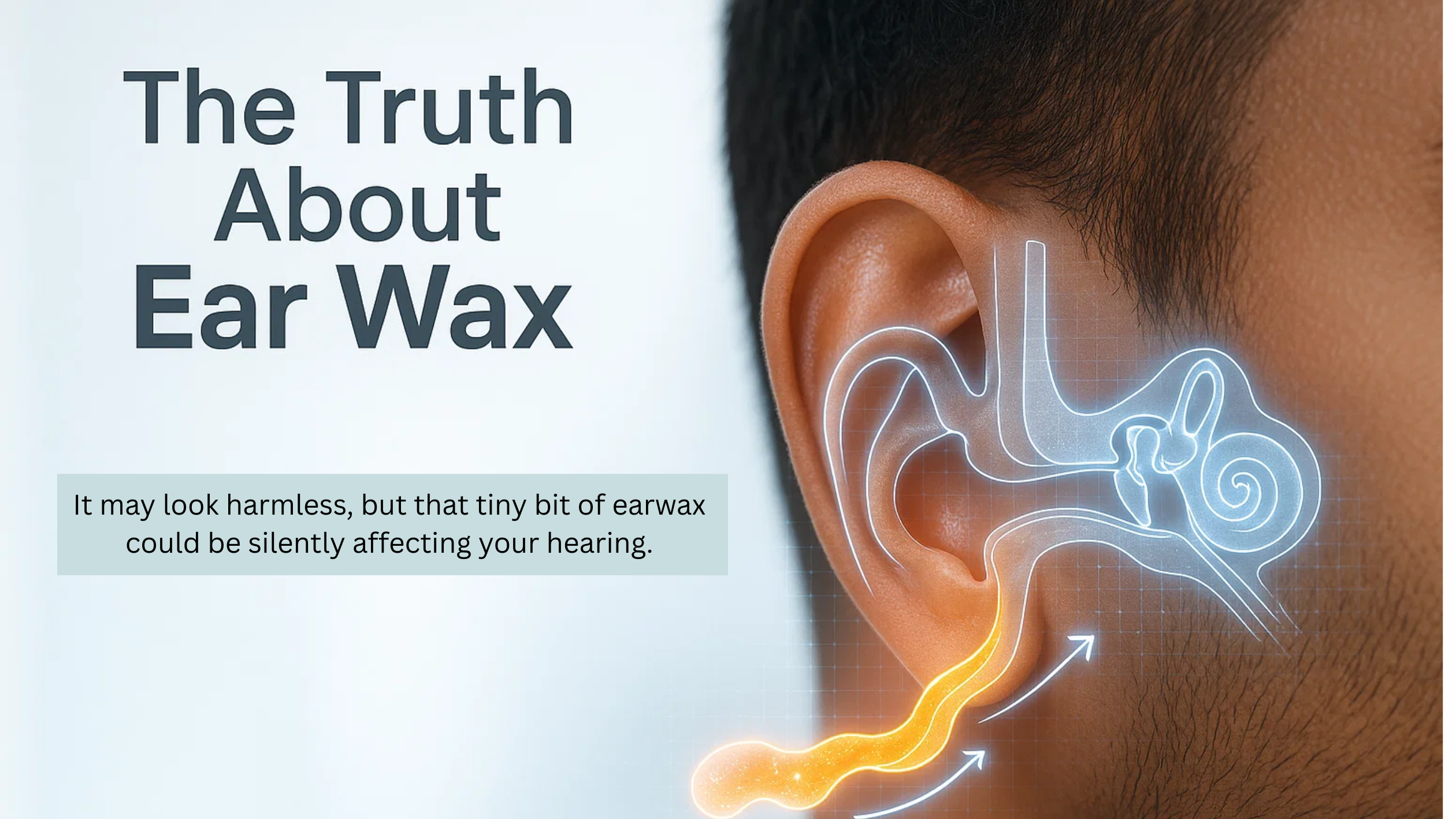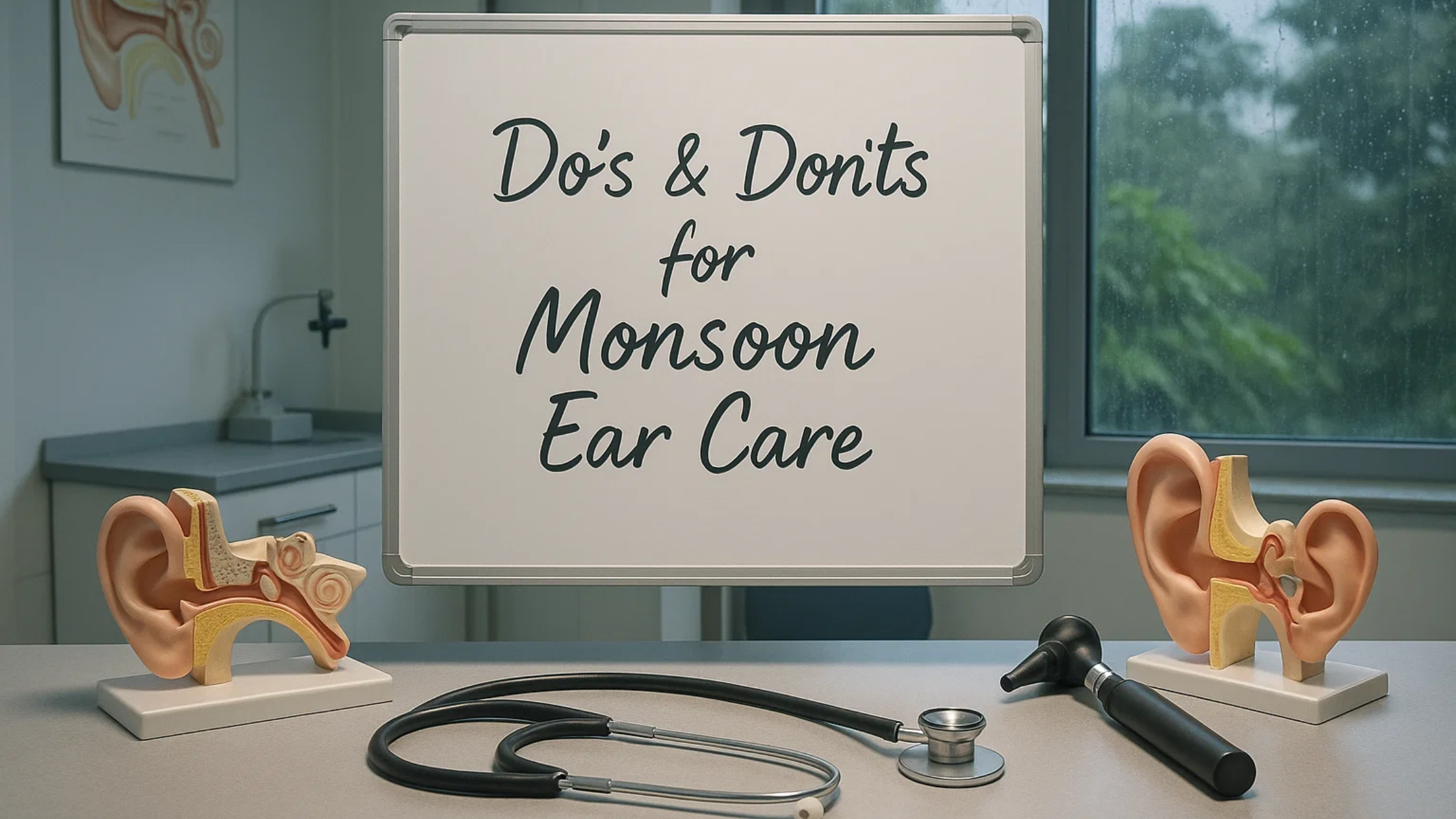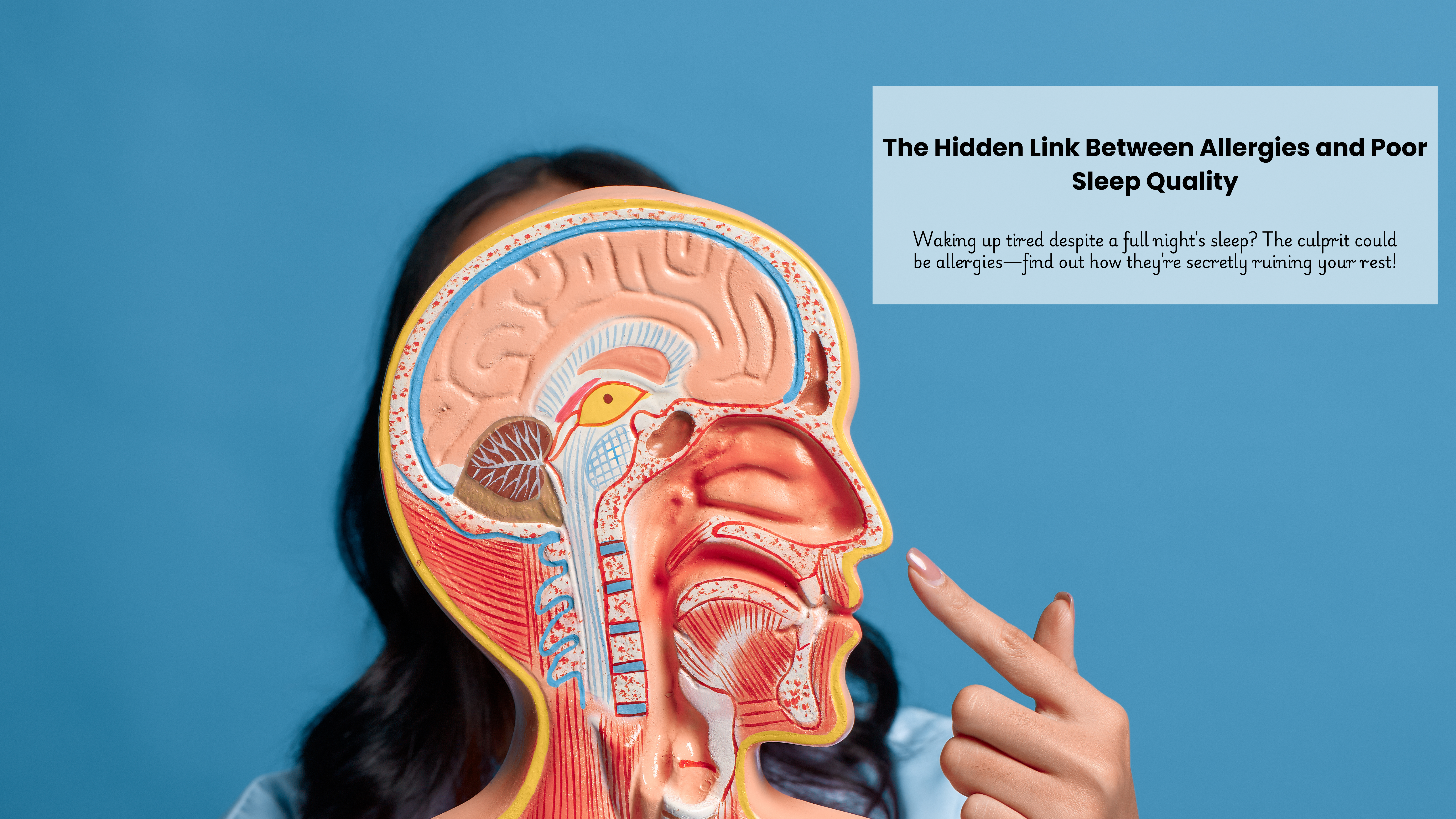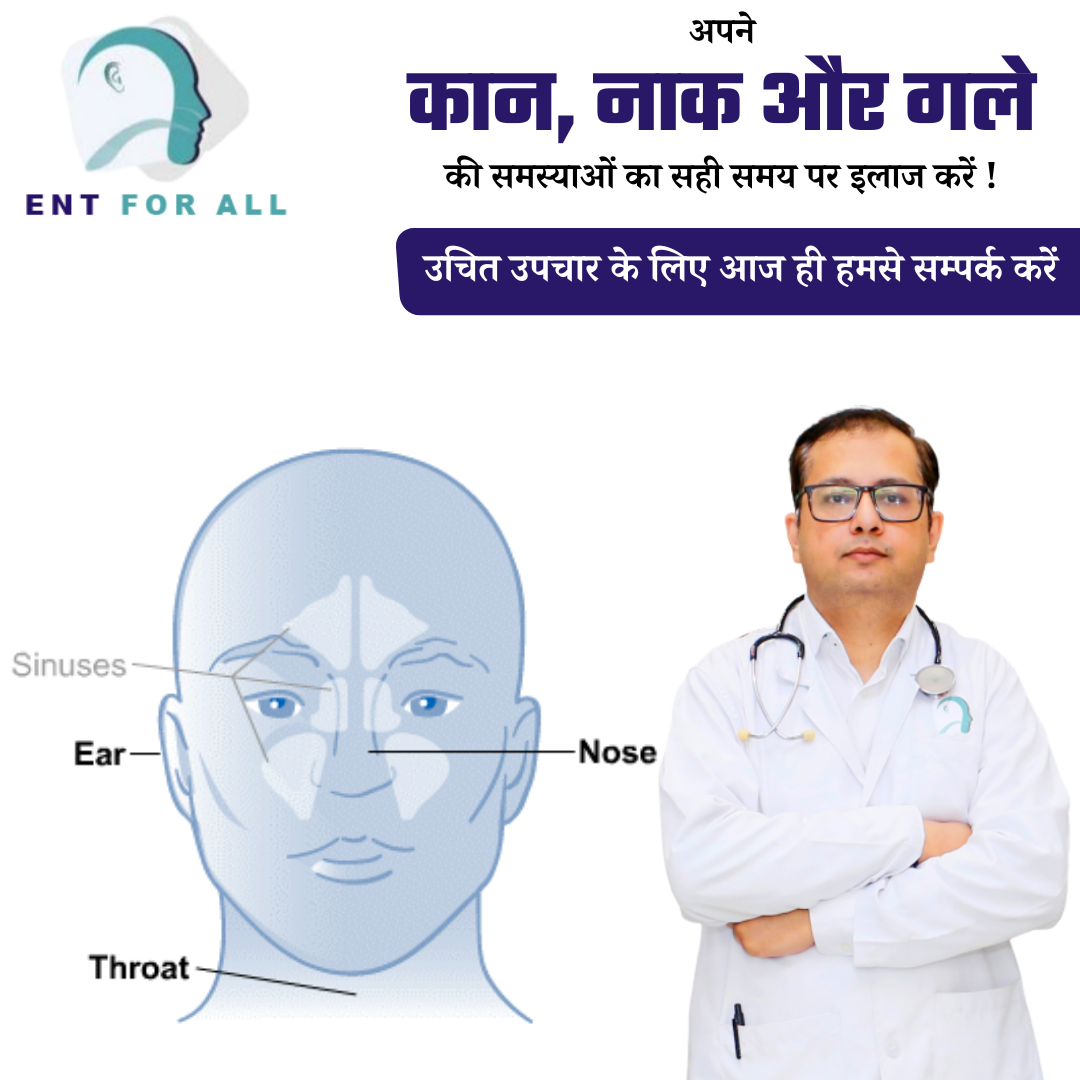When the temperatures drop, many people experience ear discomfort or pain. Cold weather can have a surprising impact on ear health, causing discomfort, pain, and even infections. Earaches during cold weather are common, particularly when exposure to chilly winds or fluctuating temperatures leads to irritation or inflammation. Knowing how to manage ear pain in these conditions is essential for maintaining overall well-being during the colder months. By understanding the causes of earache in cold weather and adopting preventive measures, you can significantly reduce ear discomfort and protect your ears during the winter.
Why Does Cold Weather Cause Earache?
Cold weather can trigger earaches due to various factors, one of the primary reasons being rapid temperature changes. Moving from a warm environment into cold air causes blood vessels in and around the ear to constrict, reducing blood flow and potentially leading to ear pain. Another factor is that cold air can enter the ear canal, causing irritation and discomfort. This situation can sometimes lead to ear infections or exacerbate existing conditions.
People most at risk for earaches in cold weather include young children, outdoor workers, and those with sensitive ears. Children are more prone to ear infections, and individuals who spend extended time outdoors without proper ear protection can experience painful symptoms due to the cold. Those with preexisting ear conditions or sinus problems may also find their symptoms worsen in cold weather.

Common Symptoms of Earache in Cold Weather
During the colder months, earaches can manifest in various ways. Some common symptoms include sharp or dull pain in the ear, discomfort, and a sensation of fullness in the ear canal. In some cases, individuals may experience temporary hearing loss or a popping sensation when moving between environments with different temperatures.
Prolonged exposure to cold weather without ear protection can lead to more severe symptoms, such as infections or inflammation. Ear infections, in particular, are more likely to develop in cold conditions due to blocked or swollen ear canals, which can trap bacteria or moisture. Additionally, existing ear issues, like sinus infections, can become aggravated, leading to more intense ear pain.
Preventing Earache in Cold Weather
Prevention is always better than cure, and when it comes to earaches in cold weather, there are several steps you can take to protect your ears. Here are a few effective prevention tips:
- Wear Proper Protection: One of the easiest ways to prevent ear pain is by wearing earmuffs, hats, or scarves that cover your ears. These accessories help block out cold air and wind, which can otherwise irritate your ears.
- Avoid Sudden Temperature Changes: Rapidly moving from a warm indoor environment to a cold outdoor one can shock your ears, leading to pain. To avoid this, try to limit the time you spend outdoors in freezing temperatures or use protective gear.
- Keep Your Ears Dry: Moisture trapped in the ear can exacerbate discomfort, especially in cold weather. Make sure your ears stay dry, particularly after a shower or when exposed to snow or rain. You can gently dry your ears with a soft towel to prevent moisture build-up.
- Avoid Wind Exposure: Cold wind can directly enter the ear canal, causing pain. When you know you’ll be outdoors on a windy day, ensure your ears are protected by hats or earmuffs that shield them from harsh winds.
By incorporating these preventive measures into your routine, you can significantly reduce your chances of experiencing earache in cold weather during the cold months.
Home Remedies for Earache Due to Cold Weather
If you’re already experiencing ear pain due to cold weather, don’t worry several home remedies can help alleviate your discomfort. These remedies are simple, affordable, and can provide quick relief.
- Warm Compress: A warm compress is one of the most effective remedies for ear pain. Simply apply a warm towel or heating pad over the painful ear for 10–15 minutes. The heat helps improve blood circulation and can soothe inflammation.
- Over-the-Counter Ear Drops: Ear drops available at your local pharmacy can help reduce pain and treat minor infections. These drops usually contain ingredients that soothe the ear canal and relieve pain.
- Olive Oil: A few drops of warm (not hot) olive oil in the ear can also help soothe discomfort. Olive oil has mild anti-inflammatory properties, which can reduce irritation. Make sure the oil is warm, not hot, to avoid causing further irritation.
- Stay Hydrated: Proper hydration is essential for maintaining good ear health. Drinking plenty of water helps keep the mucous membranes in your ear and nose moist, which can prevent blockages and ease discomfort.
While these remedies can provide relief, it’s important to use them cautiously. If your symptoms persist or worsen, it’s a good idea to consult a healthcare professional for further advice.
Medical Treatment for Ear Pain in Cold Weather
In some cases, home remedies may not be enough to fully relieve earache in cold weather. If your pain is severe, lasts for more than a few days, or is accompanied by other symptoms like fever or discharge, you should seek medical attention. An ENT specialist can conduct an ear examination to determine if you have an infection or other underlying condition that requires treatment.
For ear infections, your doctor may prescribe antibiotics to clear the infection. They may also recommend prescription ear drops or pain relievers to reduce inflammation and discomfort. Timely diagnosis and treatment are essential to prevent complications or worsening of the condition.
Conclusion
Cold weather can take a toll on your ear health, leading to discomfort or earaches. By understanding the causes of earache in cold weather and taking preventive measures like wearing earmuffs, keeping your ears dry, and avoiding sudden temperature changes, you can reduce the chances of developing an earache. In addition, simple home remedies such as warm compresses and ear drops can provide relief when pain occurs. However, if your symptoms persist or worsen, it’s important to seek medical attention to avoid more serious complications. Taking care of your ears during cold weather is key to staying comfortable and healthy throughout the winter months.
Also read – Bug in Ear: Causes, Symptoms and Treatments
Follow us on Facebook: @entforall

















